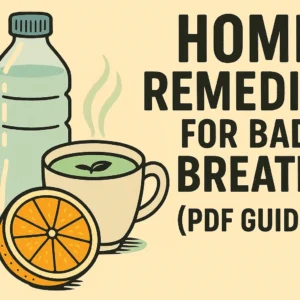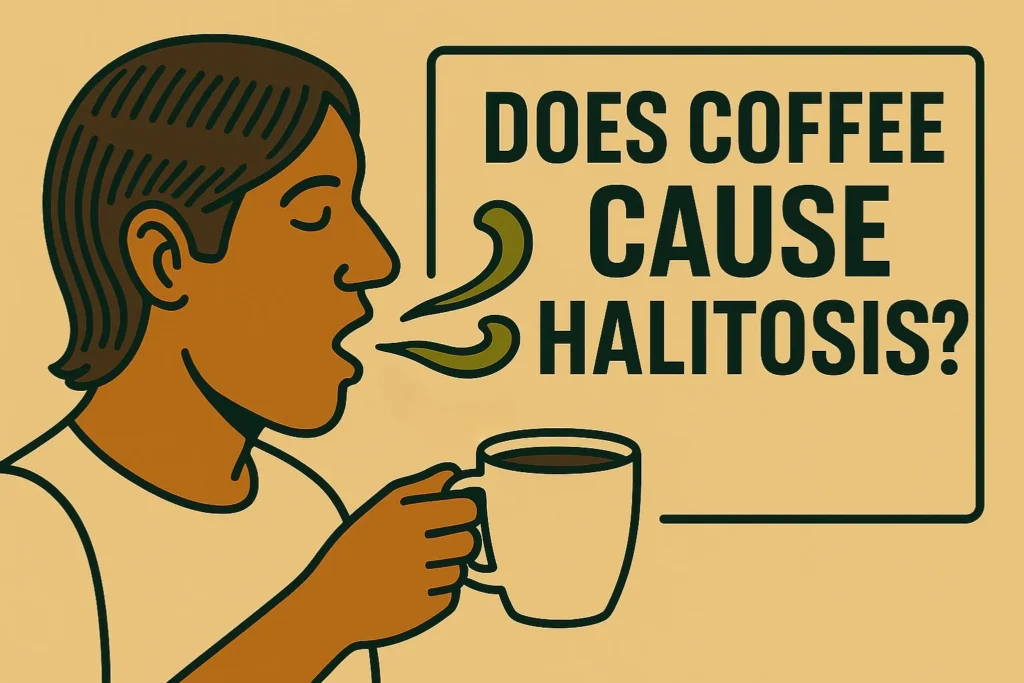Coffee Can Contribute To Bad Breath
For many people, coffee is a daily ritual—boosting energy, mood, and focus. But if you’ve noticed your breath isn’t so fresh after your morning cup, you might be wondering: Does coffee cause halitosis? The answer is yes, coffee can contribute to bad breath, and here’s why.
How Coffee Contributes to Halitosis
While coffee itself isn’t a direct cause of chronic halitosis, it creates conditions in the mouth that can lead to bad breath. Here are the main reasons coffee can cause your breath to smell:
1. Drying Effect
Coffee is a diuretic and contains caffeine, which can reduce saliva production. Saliva is essential for washing away food particles and bacteria. When your mouth is dry, bacteria thrive, leading to unpleasant odors.
2. Strong Compounds and Acidity
Coffee contains strong-smelling compounds and is acidic in nature. These can leave behind a lingering scent in your mouth and on your breath, especially if consumed without food.
3. Added Ingredients
Sugar, cream, and flavored syrups often added to coffee can feed bacteria in your mouth. The result? An increase in sulfur-producing bacteria, which causes bad breath.
How to Prevent Coffee-Related Bad Breath
If you love coffee but hate the halitosis that comes with it, don’t worry—there are ways to enjoy your brew without the bad breath:
- Drink water alongside your coffee to stay hydrated and rinse away residue.
- Brush or rinse your mouth after drinking coffee, especially if it contains sugar or milk.
- Use a tongue scraper to remove coffee buildup and bacteria from the tongue’s surface.
- Chew sugar-free gum to stimulate saliva and freshen breath.
- Limit coffee intake or opt for lower-acid, decaf varieties if bad breath is persistent.
Conclusion
So, does coffee cause halitosis? Yes, but indirectly. Its drying effect, strong compounds, and added sugars create the perfect environment for bad breath to develop. Fortunately, with a few simple habits, you can keep enjoying your coffee while keeping your breath fresh.


